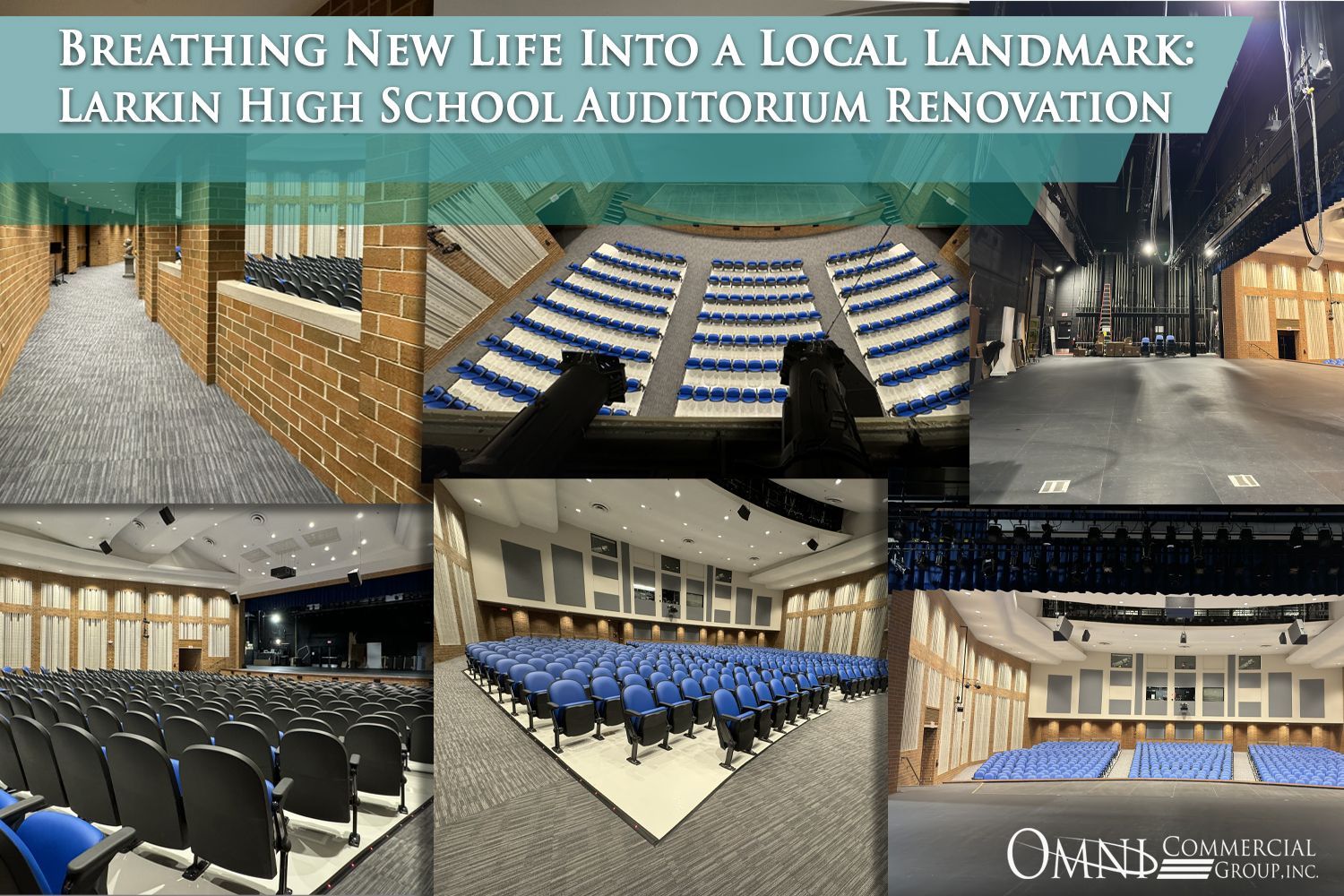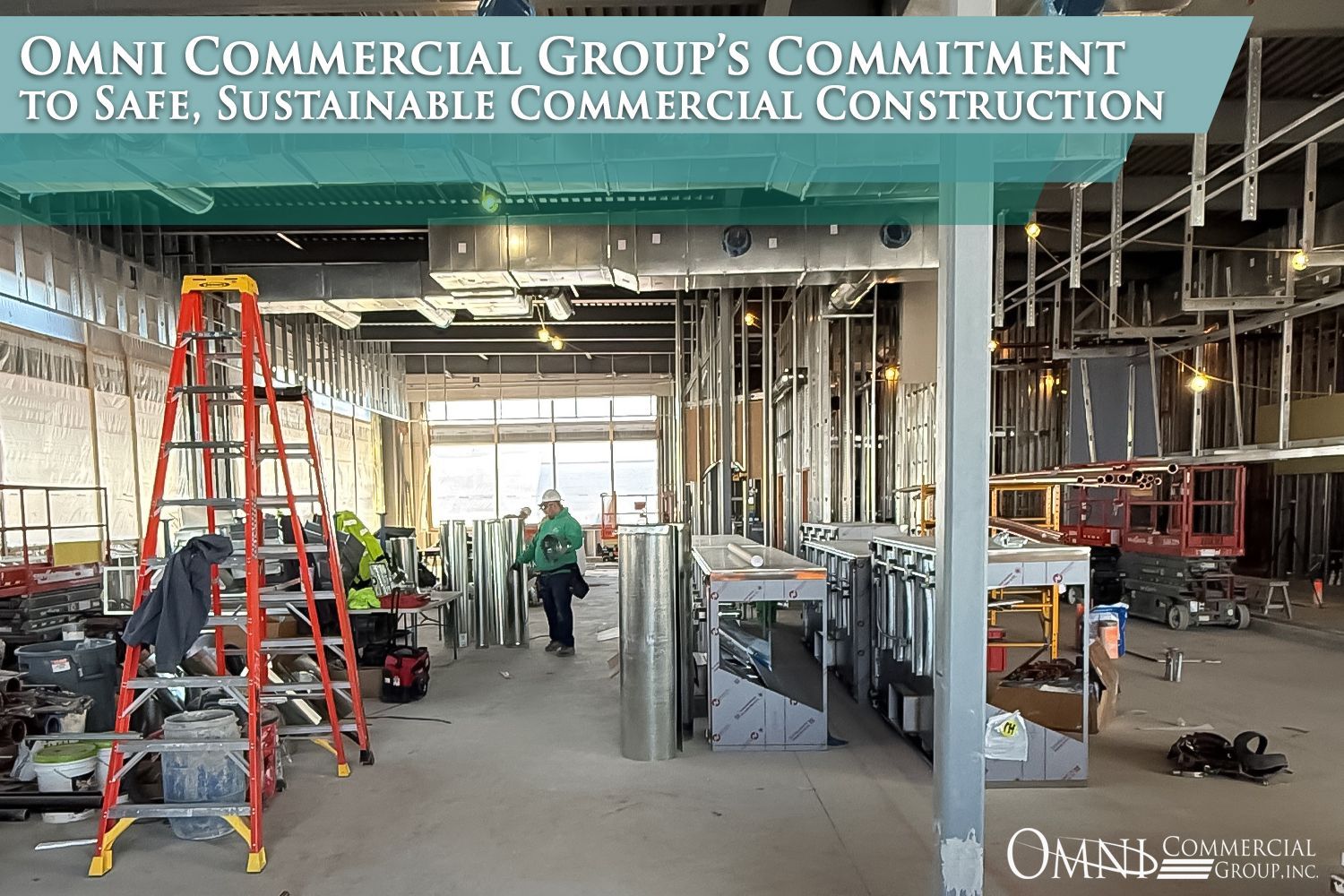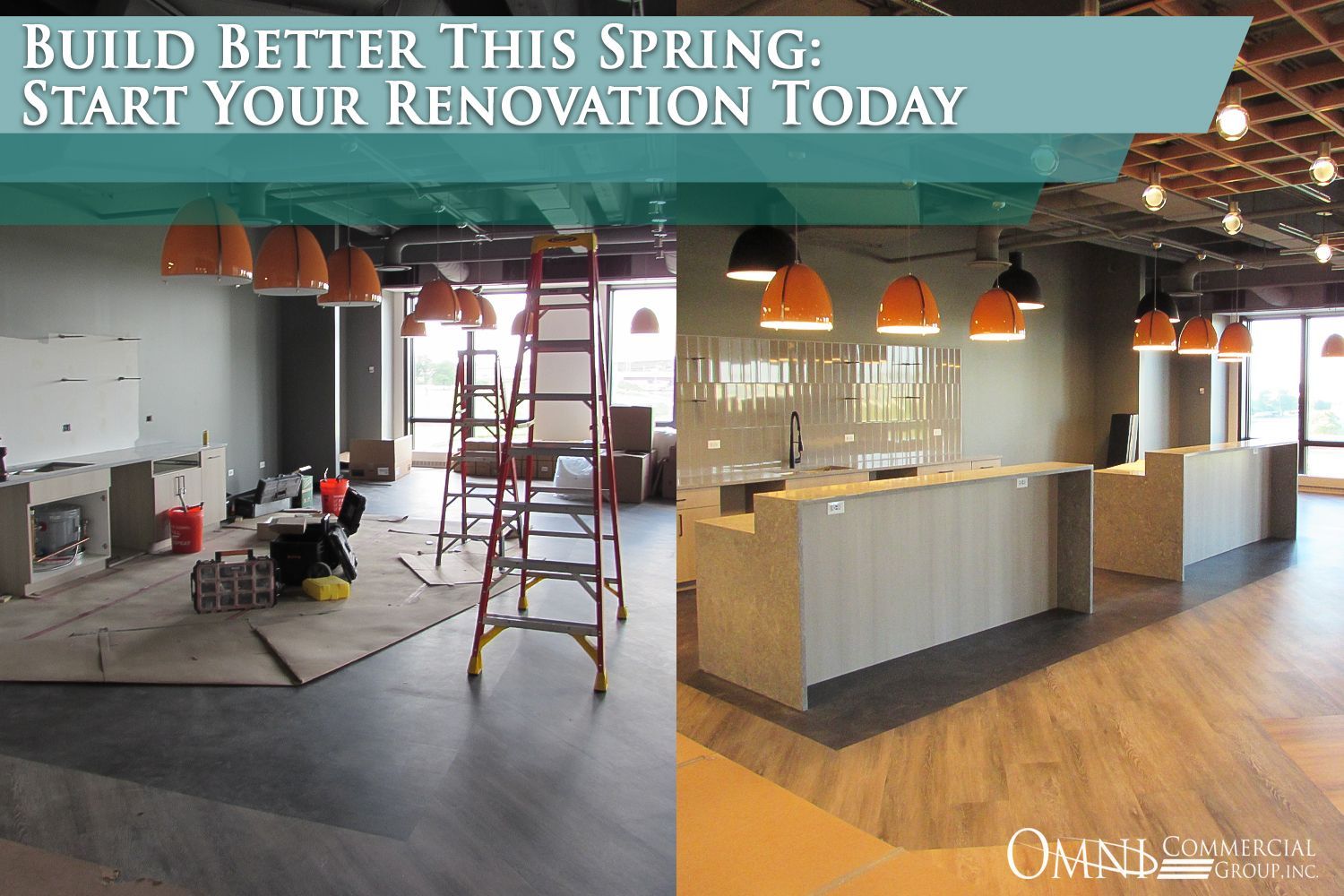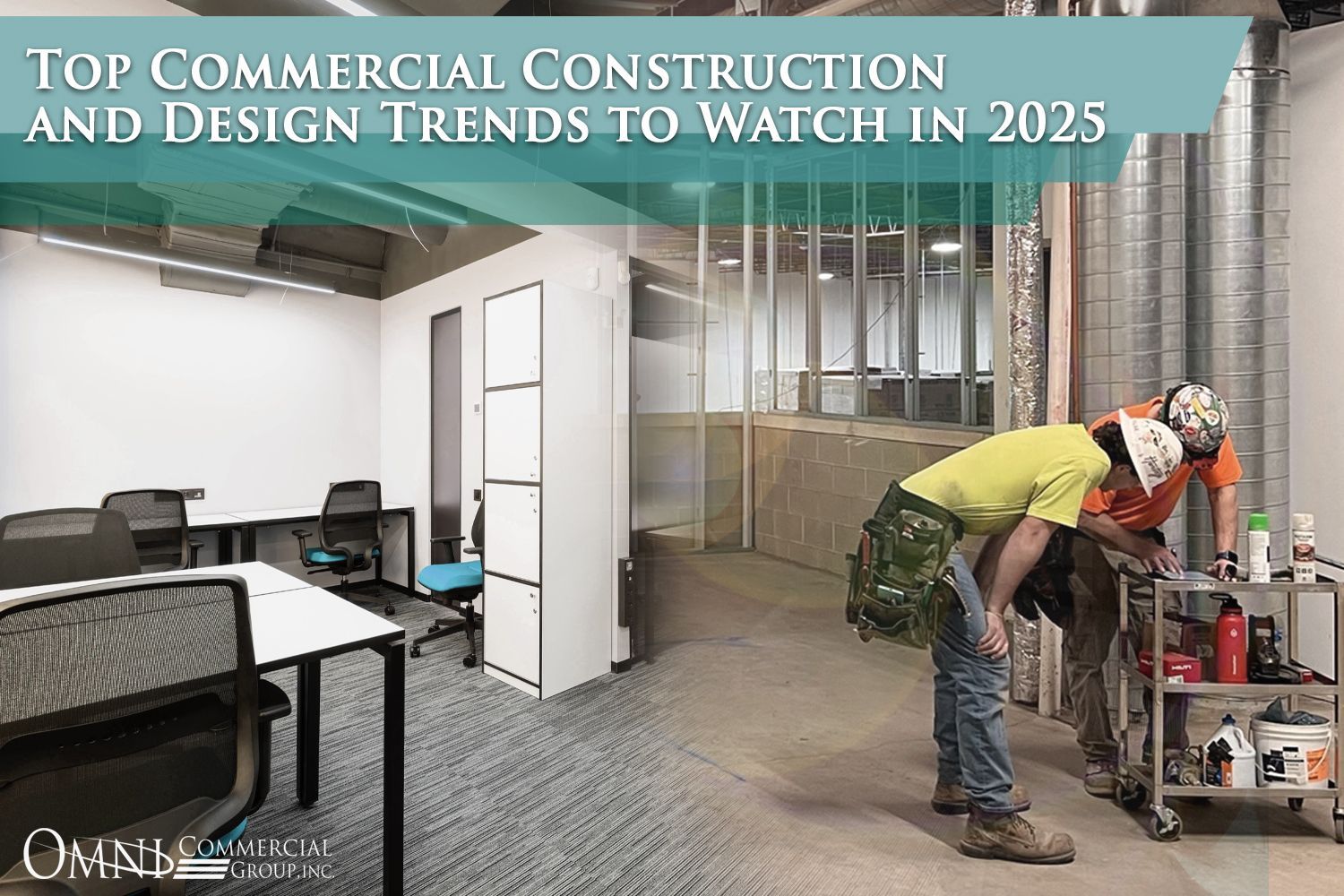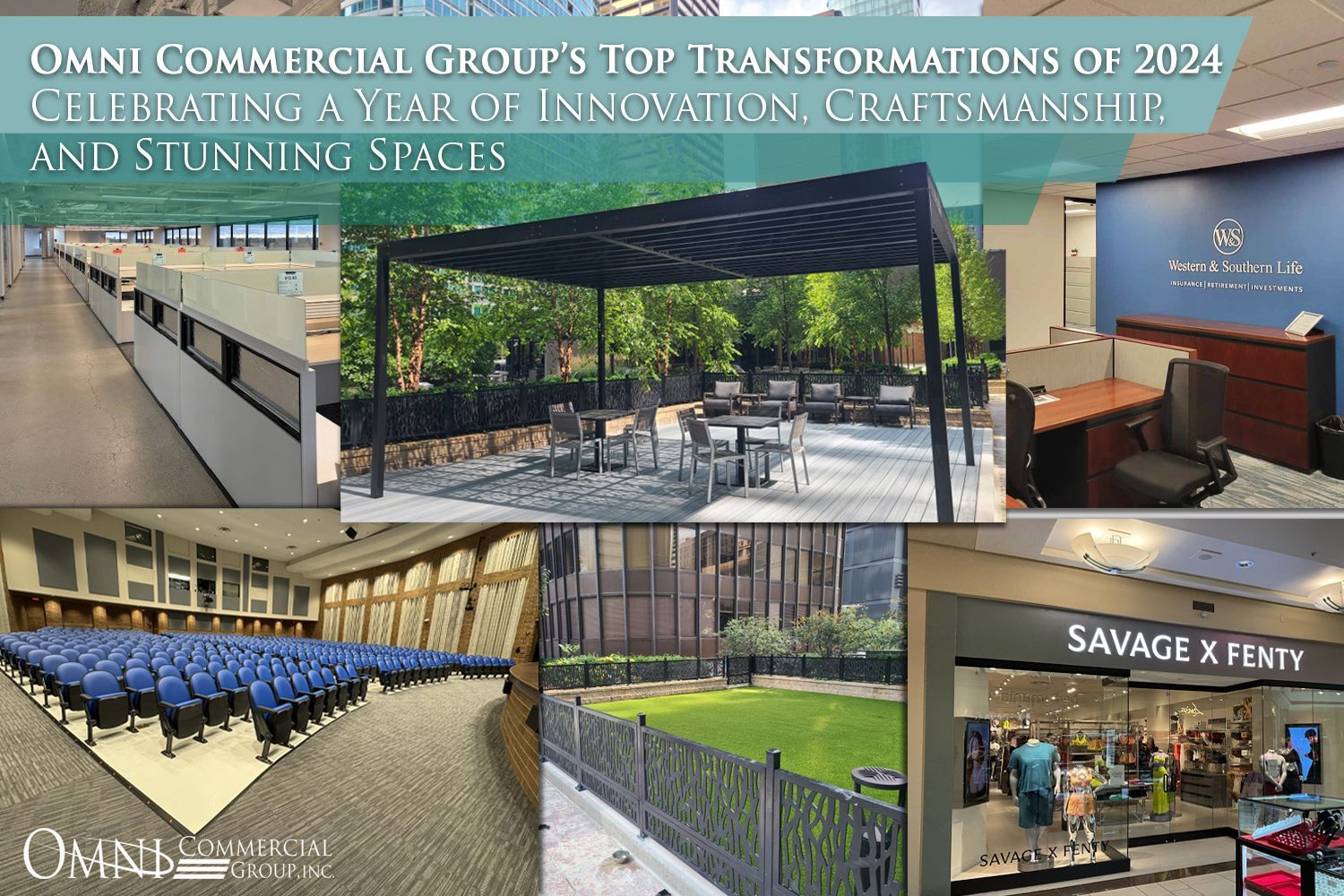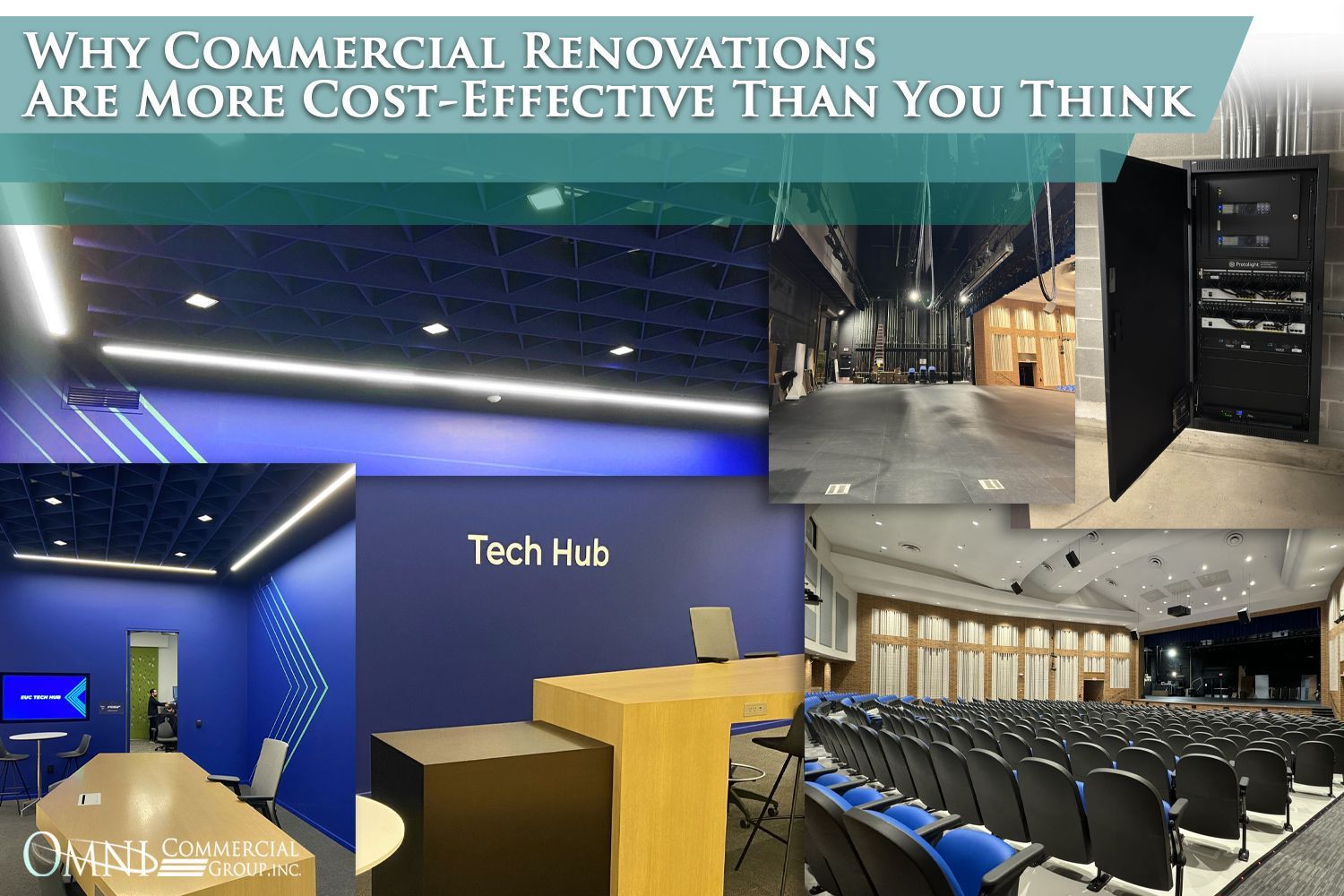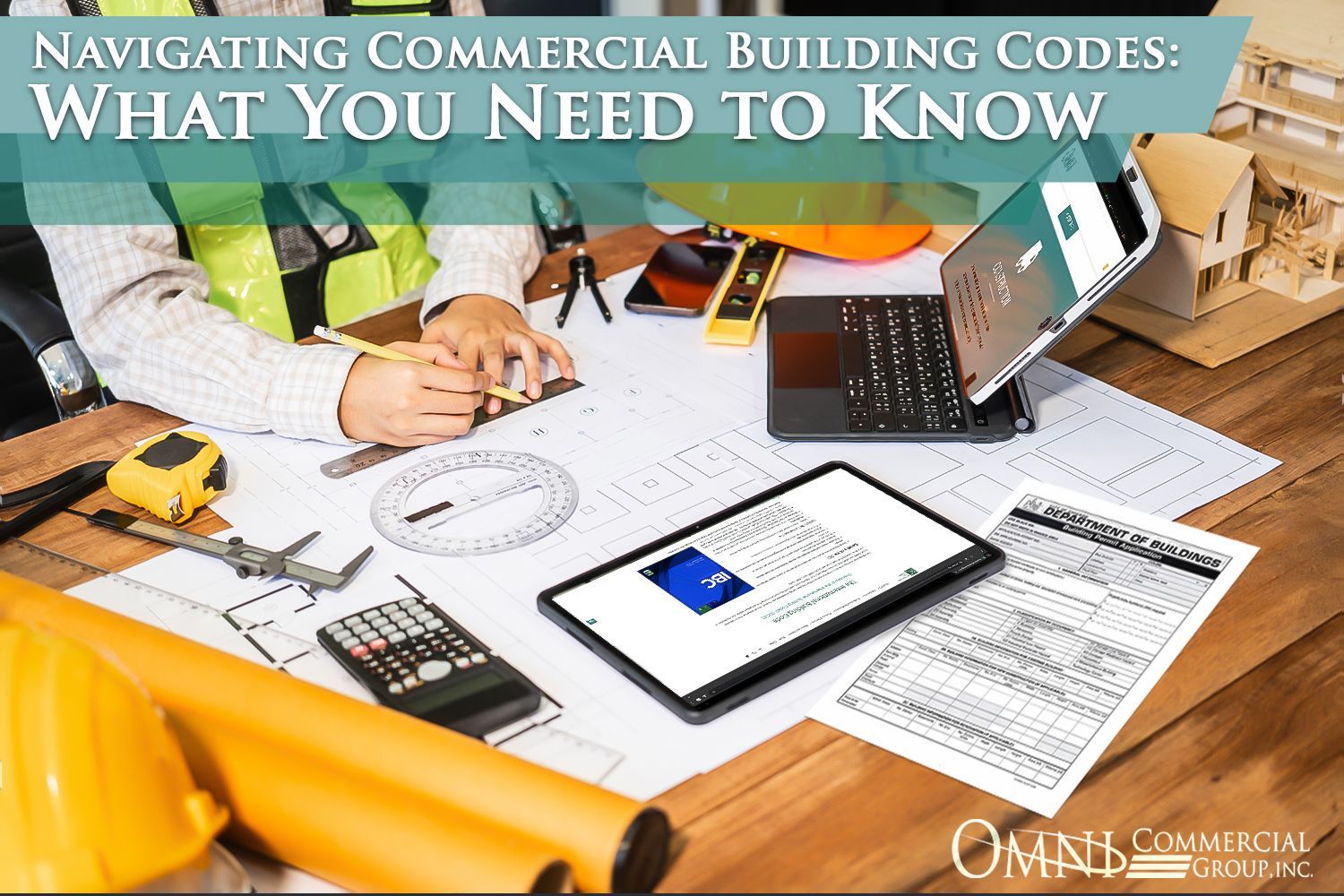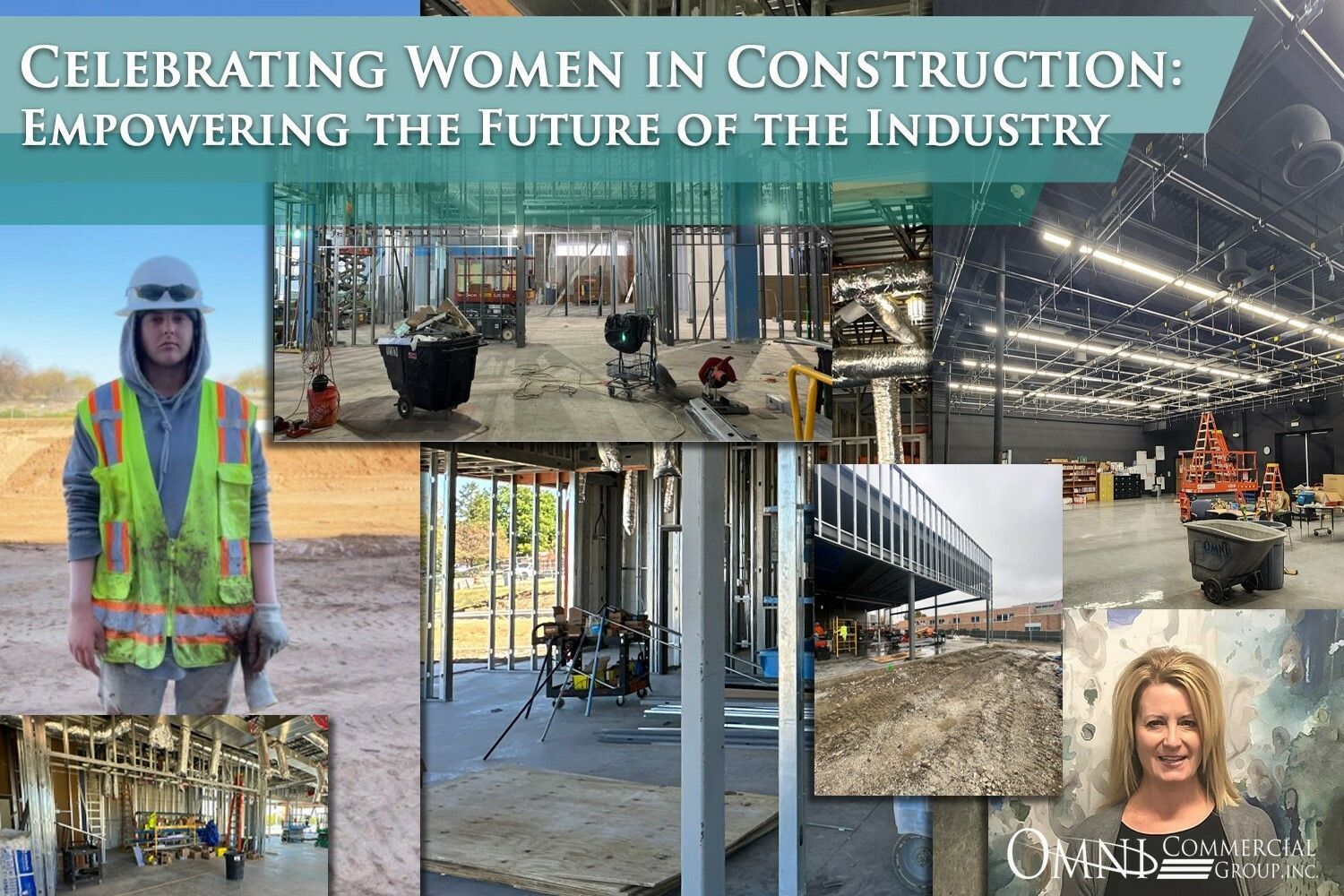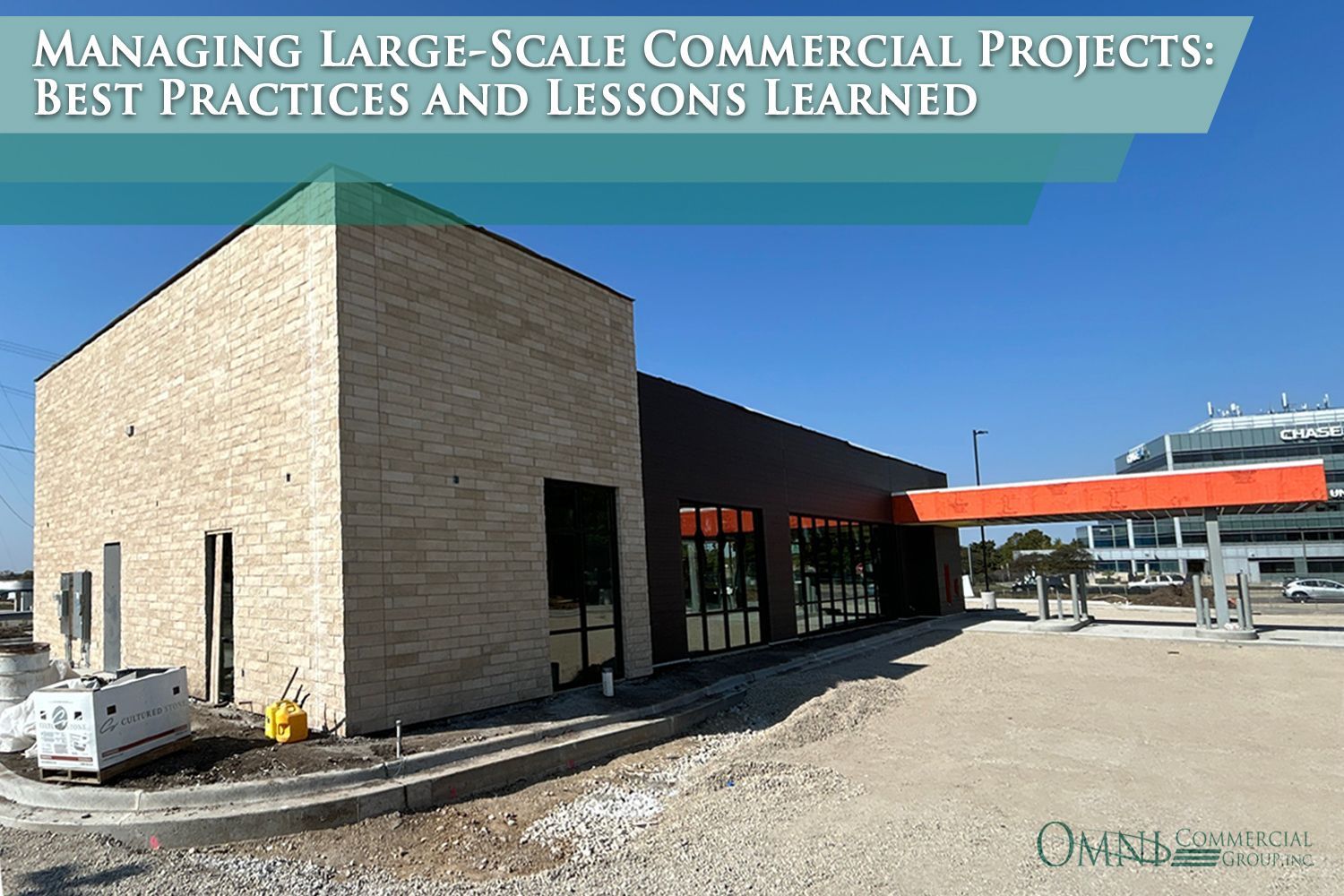
Managing Large-Scale Commercial Projects: Best Practices and Lessons Learned
In the world of commercial development, managing large-scale projects is both an art and a science. For Omni Commercial Group, each project comes with unique challenges, but we’ve learned that a blend of strategic planning, precision execution, and client-centered collaboration forms the backbone of our successful delivery. Here, we’ll share some key insights into our approach, lessons learned from our projects, and best practices for managing these complex undertakings from inception to completion.
1.Project Planning and Pre-Construction: Laying a Strong Foundation
Every successful project starts with meticulous planning. At Omni, we believe that a robust pre-construction phase not only defines the success of a project but also sets the stage for smooth execution.
Best Practice: Comprehensive Feasibility Assessments Before any work begins, our team conducts feasibility assessments, factoring in site conditions, budget constraints, and environmental impact. For example, in a recent project involving a multi-story office building, our initial assessment identified potential zoning hurdles and traffic flow issues. Addressing these early helped us avoid costly delays later on.
Lesson Learned: Early Stakeholder Engagement is Key Working closely with clients, architects, and regulatory bodies from the outset streamlines the approval process. Regular consultations prevent misalignment and allow us to design a project that meets everyone’s expectations.
2. The Design Phase: Ensuring Vision Aligns with Feasibility
Once the foundation is in place, we move on to the design phase. Our design process balances functionality, aesthetics, and regulatory compliance, all while keeping the client’s vision at the forefront.
Best Practice: Integrate Sustainable and Future-Ready Design Elements Omni Commercial Group prioritizes sustainable design, recognizing the long-term value it brings. For instance, in a recent retail development project, we included energy-efficient lighting and HVAC systems, which reduced operational costs for the client while enhancing environmental responsibility.
Lesson Learned: Adaptability is Crucial Projects often evolve as unforeseen factors arise. Flexibility in design and an openness to innovative solutions, such as modular components, have proven invaluable in keeping our projects on schedule without compromising quality.
3. Execution: Coordinated Efforts for Precision in Building
Execution is where the planning and design come to life. For large-scale projects, seamless coordination across various teams, from construction crews to engineers, is critical.
Best Practice: Robust Project Management Systems Using advanced project management software, we keep track of each milestone, monitor progress, and promptly address any arising issues. This system proved particularly effective on a recent hotel project, where managing multiple subcontractors across various stages required real-time updates to stay within timelines.
Lesson Learned: A Strong Communication Chain Prevents Costly Mistakes Transparent and timely communication across teams has consistently helped us avoid rework and delays. By having dedicated liaisons for each department, we ensure that everyone is aligned, minimizing room for errors and maintaining quality control.
4. Navigating Unexpected Challenges: Lessons in Problem Solving
No project is without its hurdles. From supply chain disruptions to unforeseen site issues, our experience has taught us the importance of resilience and adaptability.
Best Practice: Proactive Risk Management We actively mitigate potential risks through contingency planning. During the pandemic, one of our projects faced material shortages and labor constraints. Thanks to a pre-established risk management plan, we swiftly adapted schedules and sourced alternative suppliers, keeping the project on track.
Lesson Learned: A Solution-Oriented Team Culture Makes All the Difference Encouraging a culture of problem-solving within our team has been instrumental. When faced with unexpected challenges, a proactive team that thinks creatively can pivot effectively, ensuring project continuity and maintaining client satisfaction.
5. Final Delivery: Exceeding Client Expectations
The final delivery stage is about more than just handing over a finished building; it’s about ensuring that the final product meets or exceeds the client’s expectations.
Best Practice: Detailed Quality Control and Handover Process Our commitment to quality is reflected in our detailed inspections and rigorous quality control protocols. For example, in our work with a high-tech manufacturing facility, the client had stringent operational requirements. We conducted multiple walkthroughs and checks to ensure compliance with all specifications before the official handover.
Lesson Learned: A Smooth Handover Leaves a Lasting Impression A comprehensive handover with thorough documentation, training sessions, and clear post-project support builds trust and reflects our dedication to client satisfaction. Clients appreciate our commitment to not only delivering a quality product but also ensuring they have the knowledge and resources to operate it effectively.
Conclusion: The Omni Commercial Group Difference
Managing large-scale commercial projects requires a thoughtful approach that combines planning, adaptability, and an unwavering focus on client needs. At Omni Commercial Group, we apply these principles to every project, drawing from our experience to implement best practices and learn from each unique challenge. Our dedication to excellence has allowed us to build lasting partnerships and bring our clients’ visions to life, on time and within budget.
If you’re considering a large commercial project, reach out to Omni Commercial Group. Let us help turn your vision into a reality, backed by experience, expertise, and a commitment to excellence. Visit us at www.omnicommercialgroup.com to learn more about our services and past projects.
